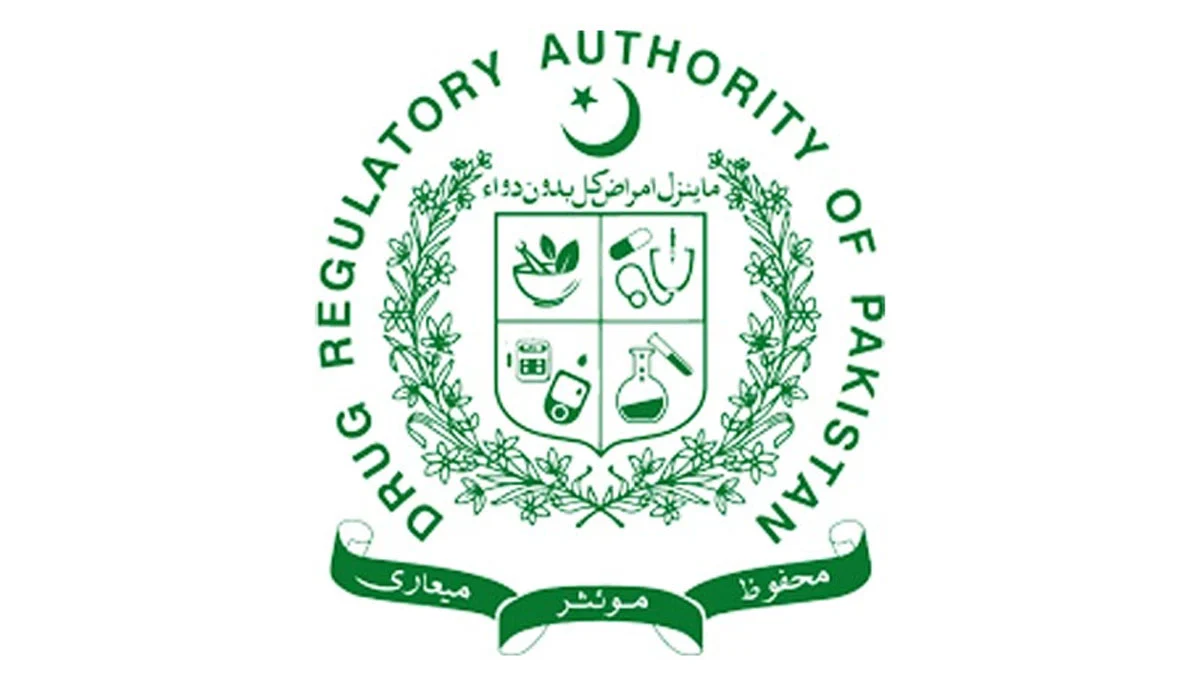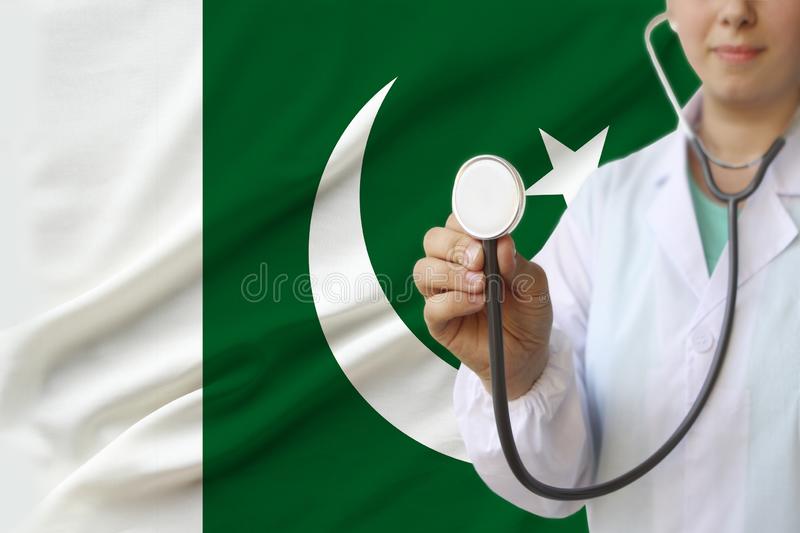The article provides a brief overview of Pakistan’s regulatory requirements in the sphere of importation and exportation of medical devices and highlights the key points to be considered by medical device manufacturers and other parties involved in placing medical devices on the country’s market.

Table of Contents
The Drug Regulatory Authority of Pakistan (DRAP), a country’s regulatory agency in the sphere of healthcare products, has published a guidance document dedicated to imports & exports of therapeutic goods. The document is intended to provide additional clarifications regarding the applicable regulatory framework, and also assist manufacturers, importers, and other entities involved in operations with therapeutic goods for human or veterinary use in institutional or home settings. In particular, the document is intended to:
- Outline the requirements and documentation for impiety and export of therapeutic goods;
- Determine the eligibility; who can import or export therapeutic goods;
- The elaborate procedure adopted by DRAP verification and port clearance;
- Describe the responsibilities of the entities involved in import and export.
It is important to mention that the present guidance describes only the requirements introduced by the authority itself; while other requirements could be applicable as well.
The scope of the guidance covers all therapeutic products including, inter alia, medical devices for human use intended to be marketed and used in Pakistan.
Regulatory Background
As it is stated by the DRAP, the authority is responsible for ensuring that any therapeutic products meet the applicable safety and performance requirements; and do not expose patients or users to additional risks. For this purpose, the authority enforces special regulatory controls and mechanisms.
According to the guidelines, the existing regulatory framework for therapeutical products is based on the following acts and regulations:
- The DRAP Act, 2012;
- The Drugs Act, 1976;
- The Drug (Import & Export) Rules, 1976;
- The Medical Devices Rules, 2017;
- The Alternative Medicines & Health Products (Enlistment) Rules, 2014;
Additional information about the regulatory framework could be found on the authority’s website.

Definitions
To assist the parties involved in interpreting provisions of the applicable legislation and following the rules set forth therein, the document provides the definitions of the most important terms and concepts including, inter alia, the following ones:
- Medical Devices include (a) instruments, medical equipment, implants, disposables, and software, used mainly for diagnosis, monitoring, and treatment of disease~ or (b) any other item which the Federal Government may, by notification in . the official Gazette, declare as a medical device;
- Substandard Product – an authorized product that fails to meet either it’s quality standards or its specifications, or both;
- An unregistered product has not been subject to respective evaluation and assessment to be performed by the regulating authority (either DRAP or the relevant authority in its country of origin).
According to the applicable regulatory requirements, any operations related to the supply of healthcare products, including medical devices, should be subject to the regulatory oversight by the DRAP. Moreover, to be allowed to import therapeutic goods into Pakistan or export them out of it, the respective parties should meet the applicable eligibility criteria. The authority also emphasizes that importing healthcare products that do not meet the regulatory requirements set forth under the existing framework is strictly prohibited. An entity interested in conducting operations related to importing or exporting healthcare products should file an application to the regional department of the regulating authority by the requirements set forth by the applicable legislation. The authority will review the said application by the respective procedure and decide within the pre-defined timelines.
Implementation of Controls
As it was mentioned before, the authority is responsible for ensuring that any products available on the county’s market are fully compliant with the applicable requirements. When performing this action concerning import or export, the DRAP closely cooperates with custom authorities to ensure the safety and effectiveness of healthcare products. For instance, Pakistan Custom officers may detain any therapeutic goods on suspicion of noncompliance by exercising using their powers as described under the Customs Act; so no therapeutic goods shall be released from the customs unless a clearance certificate has been obtained by the applicant from the licensing authority or an officer authorized on his behalf. As further explained by the DRAP, the healthcare products authority will also assess products to ensure their compliance. Should the non-compliance be identified, the authority would reject the application and, in certain cases, seize the consignment of products failing to meet the regulatory requirements. To make such a determination the authority will conduct the appropriate assessment which may include, inter alia, taking samples of the goods in question for additional investigation. The authority also encourages the parties responsible for the products to provide all information together with the shipment to facilitate the assessment process. When performing its functions, the authority is entitled to:
- Seize non-compliant healthcare products;
- Request the removal of non-compliant products from the country’s territory; or
- Request the said products to be destroyed, in case they cannot be removed from the country.
Online Application System
The document further provides additional information regarding the existing online import/export application system the interested parties may use to obtain approval from the authority for the respective actions. The said electronic system allows interested parties to manage their requests and submissions related to operations with healthcare products that are subject to authority’s supervision and control. The authority also refers to a separate guidance document that describes in detail the way the online application system should be used. The interested parties may use an online system to submit all the types of applications related to healthcare products, apart from the following ones:
- Applications for obtaining NOC for import or export of drugs for personal use. Such applications are required to be submitted on a separate portal named“Import/Export of Medical Products for Personal Use”.
- Applications for the import of unregistered drugs and donations of therapeutic goods are required to be submitted in the physical format to the office of the Additional Director, Import / Export, Division of Quality Assurance and Lab Testing, DRAP.
The authority also mentions that the appropriate regulatory fee should be paid when filing a submission. All the information necessary to pay the fee could be obtained from the online system as well.
In summary, the present guidance provides an overview of the existing regulatory framework for the import and export of healthcare products in Pakistan. The document also describes in detail the particular steps to be taken by an interested party to obtain approval from the authority for such actions.
Sources:
How Can RegDesk Help?
RegDesk is a next-generation web-based software for medical device and IVD companies. Our cutting-edge platform uses machine learning to provide regulatory intelligence, application preparation, submission, and approvals management globally. Our clients also have access to our network of over 4000 compliance experts worldwide to obtain verification on critical questions. Applications that normally take 6 months to prepare can now be prepared within 6 days using RegDesk Dash(TM). Global expansion has never been this simple.

